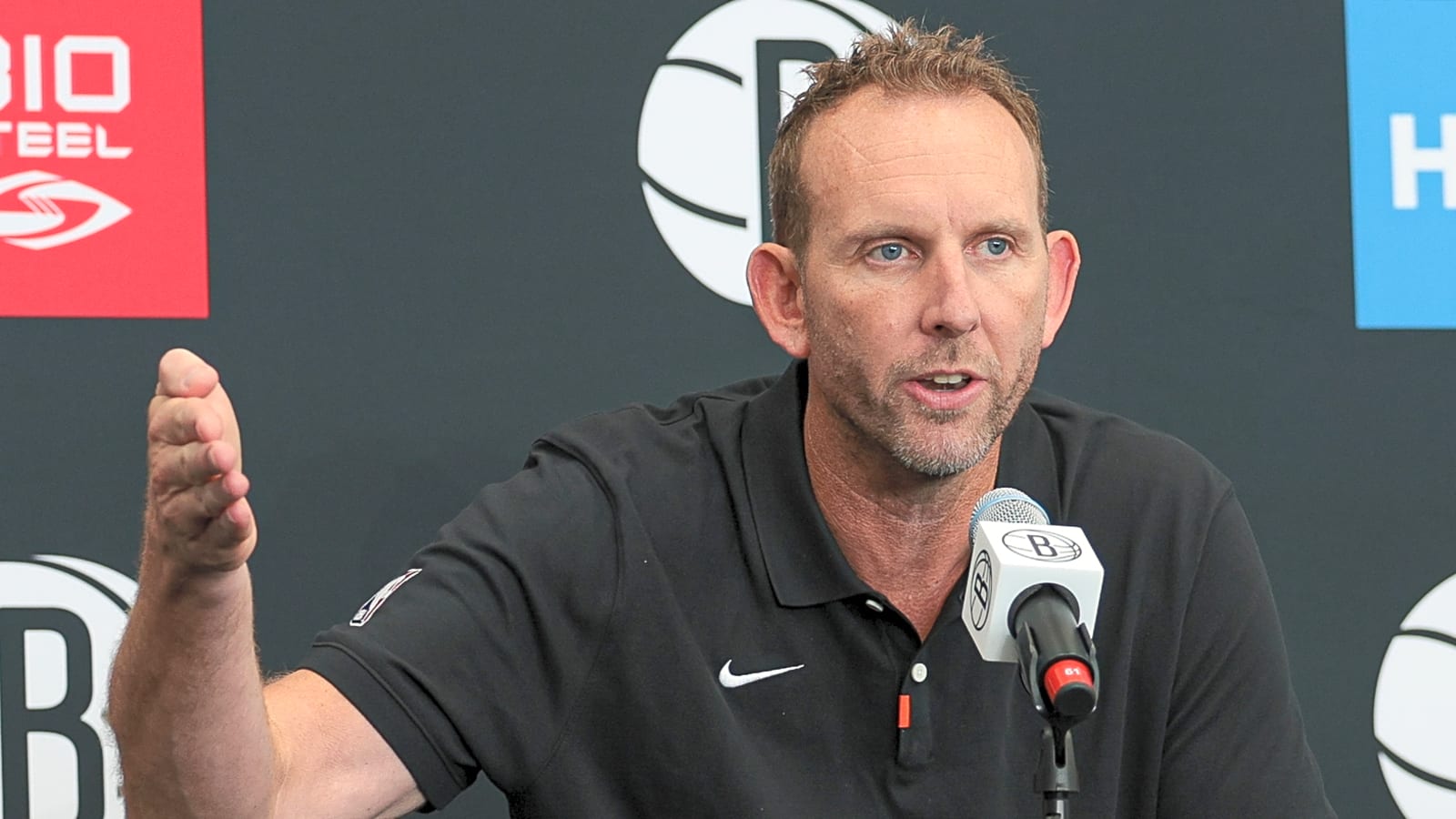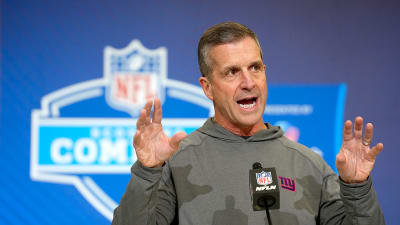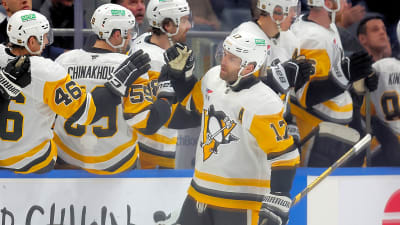
Nets' mishandling of cap space may hurt team's future
In an NBA offseason where very few teams had room under the salary cap, the Brooklyn Nets took on a great deal of unwanted salary — but didn't get a big return.
The Miami Heat have traded Haywood Highsmith and a 2032 second-round pick to the Brooklyn Nets for a protected 2026 second-round pick, sources tell ESPN. pic.twitter.com/ilO1dBStWw
— Shams Charania (@ShamsCharania) August 15, 2025
The Nets took on Haywood Highsmith and his $5.6M salary from the Miami Heat on Friday in exchange for a second-round pick in 2032. The move allowed the Heat to duck under the luxury tax line, saving both tax payments and avoiding repeater penalties.
While Highsmith is a useful player, starting 42 games last season while shooting 38.2 percent from three-point range, he suffered a torn meniscus while training and could be out for months. The Heat decided to surrender a future pick and cut bait with Highsmith early.
The Heat get a clear reward for getting under the tax, but the return for Brooklyn is more nebulous — a late pick that they'll only get seven seasons from now. It fits a trend. For the last year, the Nets have been taking on other teams' contracts, a practice known as "renting" cap space, but to relatively minor returns.
In December, the Nets traded guard Dennis Schroder to the Golden State Warriors for De'Anthony Melton, who had torn his ACL weeks earlier. They received three future second-round picks while sending one back to the Warriors. A few weeks later, the Nets sent Dorian Finney-Smith and Shake Milton to the Los Angeles Lakers, taking on D'Angelo Russell, and netted three more future seconds.
That's not a terrible return for taking on injured and unwanted players, but the Nets also sacrificed useful players in Schroder and Finney-Smith. Finney-Smith averaged 34 minutes in the first round of the playoffs, while Schroder played 27.3 minutes per game.
This summer, the Nets took on the three years and $47M left on Terance Mann's contract in exchange for the No. 22 pick in the 2025 draft, which they used to select Drake Powell out of North Carolina. They traded Cameron Johnson for Michael Porter, Jr., who makes roughly $36M more than Johnson over the next two seasons, and got the Denver Nuggets' first-round pick in 2032.
Those future assets aren't nothing, especially the unprotected Nuggets pick, but many of them are far in the future. But for taking on over $100M in salary in the past calendar year, a team should expect to net more than five future seconds and two firsts, especially when the team already had four other first-rounders in 2025.
Teams like the Nuggets and Heat were desperate to cut money, but the Nets didn't make them pay much of a premium for the privilege. Perhaps they can flip Mann or Porter for other assets later, but that's no guarantee as both players get older and remain expensive. After all, trading Johnson alone could have brought back a first-round pick without having to pay all of Porter's extra money.
The Nets aren't trying to win in 2025-26, but renting their cap space at low prices is going to hurt their ability to win in the future.
More must-reads:
- Miami Heat trade away former NBA Finals piece
- NBC start times could be bad news for NBA viewership
- The 'Second-most three-pointers by NBA franchise' quiz
Breaking News
Trending News
Customize Your Newsletter
 +
+
Get the latest news and rumors, customized to your favorite sports and teams. Emailed daily. Always free!








